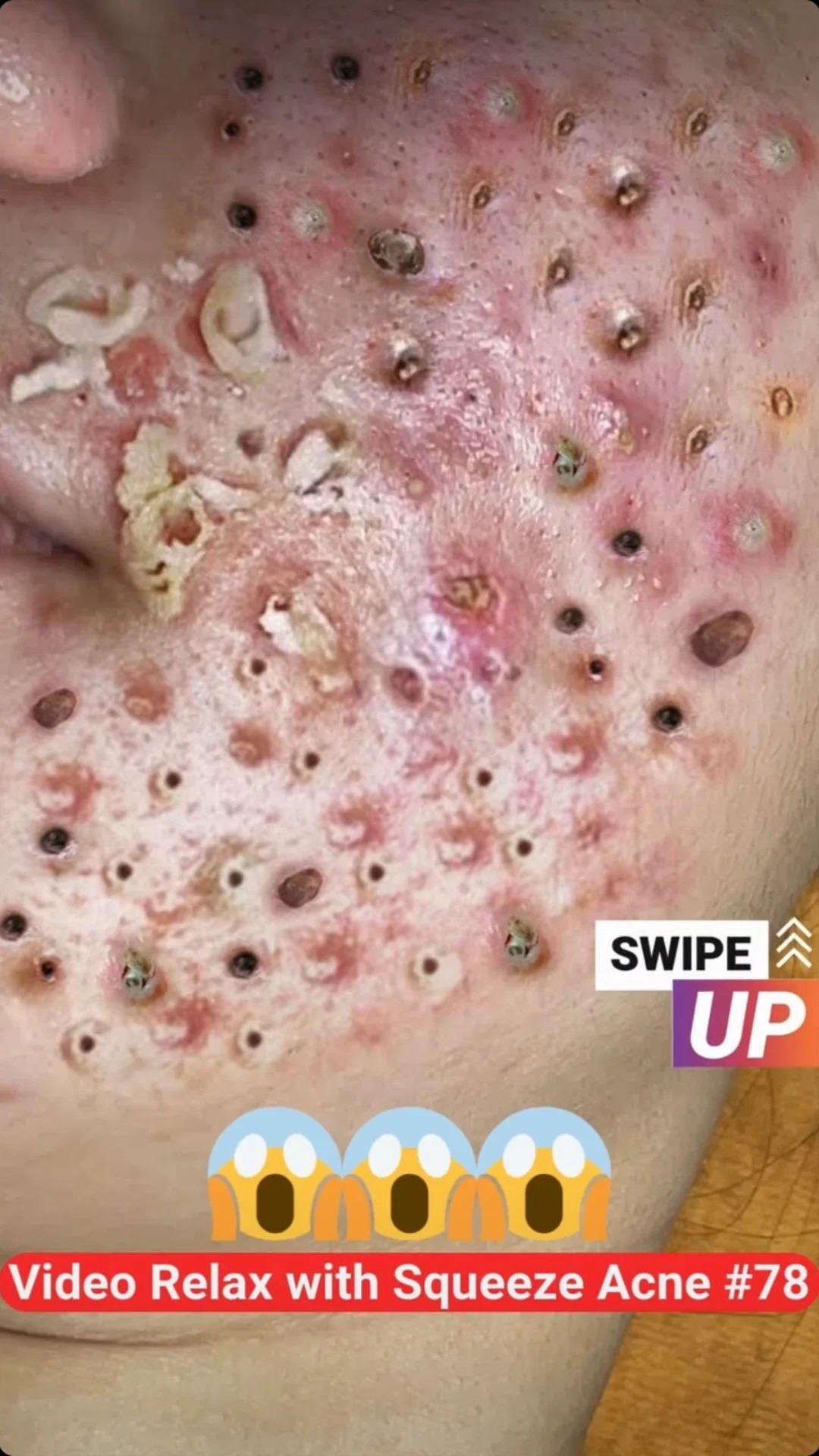Pores are tiny openings in our skin that allow sweat and oil to be released. However, some people experience clogged pores more often than others. According to dermatologist Dr. Geeta Yadav, clogged pores occur when oil can’t flow through them properly.
This usually happens because of the overproduction of oil, which gets trapped by dead skin cells that haven’t shed properly. Makeup, dirt, and certain ingredients can also block the pores, preventing oil from flowing through.
The term “comedogenic” refers to ingredients that clog pores. While these ingredients aren’t the only cause of acne, they can make the situation worse. Dr. Rachel Nazarian, another dermatologist, explains that pore-clogging ingredients make it more likely for pimples to form, especially in people with oily skin or those who have the bacteria that cause acne. Using such ingredients is like adding fuel to the fire, leading to more consistent breakouts.
The problem with comedogenic ingredients is that we don’t fully understand why they clog pores. Dr. Yadav notes that these ingredients can interact poorly with your sebum (the oil your skin produces), making it thicker. Alternatively, some ingredients are just too thick for sebum to pass through.
Dr. Melanie Palm, a board-certified dermatologist, adds that pore-clogging ingredients are often occlusive, meaning they sit on top of the skin and form a seal that traps oil inside. This is especially problematic for people with oily skin. Some of these ingredients also add more oil to the skin, causing skin cells to stick together instead of shedding as they should, further clogging the pores.
To help prevent acne, it’s important to avoid certain ingredients that are known to clog pores. Dermatologists recommend steering clear of these seven pore-clogging ingredients if you’re prone to acne:
- Heavy Oils: Ingredients like coconut oil and cocoa butter are very moisturizing but can be too heavy for some skin types, leading to clogged pores.
- Silicones: Found in many skincare and makeup products, silicones can trap oil and bacteria in the pores.
- Lanolin: This natural ingredient, derived from sheep’s wool, is known to clog pores in some people.
- Isopropyl Myristate: Often used in cosmetics to create a smooth feel, this ingredient is highly comedogenic.
- Algae Extracts: While beneficial in some ways, certain algae extracts can be too rich and pore-clogging for acne-prone skin.
- Petrolatum: Commonly known as petroleum jelly, this occlusive ingredient can block pores and trap dirt and oil.
- D & C Red Dyes: These synthetic dyes, used in some makeup products, can irritate the skin and clog pores.
By avoiding these ingredients, you can help keep your pores clear and reduce the risk of breakouts. Always check the labels of your skincare and makeup products, and opt for non-comedogenic formulas whenever possible.
